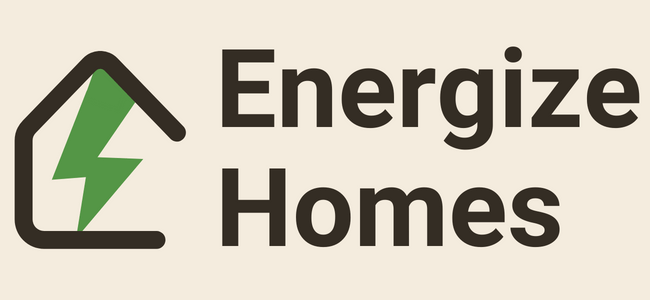Do Heat Pumps Work Well in Cold Climates? Your Complete Guide
Yes, they do! Your best bet for cold weather is a ground-source heat pump, but air-source heat pumps also perform well.
Introduction
One of the most commonly debated topics in the world of residential heating solutions is the effectiveness of heat pumps in cold climates. Often praised for their energy efficiency, heat pumps still encounter skepticism regarding their performance in low-temperature regions. To set the record straight, let’s dive deep into the technical aspects of heat pump operations, seasonal performance metrics, and what cold climate actually means for a heat pump.
Types of Heat Pumps
Air-Source Heat Pumps (ASHP)
These are the most common types, and they pull heat from the external air. They are generally less effective in extremely cold temperatures.
Ground-Source Heat Pumps (GSHP)
Also known as geothermal heat pumps, these rely on the stable ground temperature and often perform better in colder climates.
Efficiency Metrics
COP (Coefficient of Performance)
This ratio describes how efficiently a heat pump converts electricity into heating power. A higher COP is desirable.
HSPF (Heating Seasonal Performance Factor)
Specifically used for heat pumps, HSPF is a seasonal efficiency metric calculated over an entire heating season.
| Metrics | Ideal Value | Poor Value |
|---|---|---|
| COP | > 3 | < 2 |
| HSPF | > 8 | < 5 |
How Cold is Too Cold?
For traditional ASHPs, the “balance point” is often cited as around 35°F (2°C). Below this temperature, the heat pump might have to use “auxiliary” or “emergency” heat, which is less efficient. Some modern ASHPs are capable of efficient operation at temperatures as low as -13°F (-25°C) by using variable-speed compressors and vapor-injection technology.
Low-Temperature Performance Enhancements
Variable-Speed Compressors
These compressors adjust their speed according to the heating load, enhancing efficiency.
Vapor-Injection Technology
A sub-cooling process that enhances the refrigerant’s heating capacity, enabling the heat pump to extract more heat from the outside air at lower temperatures.
Desuperheaters
These devices recover waste heat from the refrigeration cycle to preheat domestic hot water, boosting overall system efficiency.
Pros and Cons
| Pros | Cons |
|---|---|
| High energy efficiency | Upfront cost |
| One unit for heating and cooling | Reduced performance in extreme cold |
Conclusion
Heat pumps can indeed be effective in cold climates, especially if they are equipped with modern technology like variable-speed compressors and vapor-injection systems. The key is choosing a unit with appropriate efficiency metrics (COP and HSPF) and understanding your climate’s impact on its performance. Ground-source heat pumps or ASHPs specifically designed for low temperatures might be the best options for those in colder climates.
So, the next time someone questions the efficiency of heat pumps in cold weather, you’ll have the technical details to provide an informed answer.
